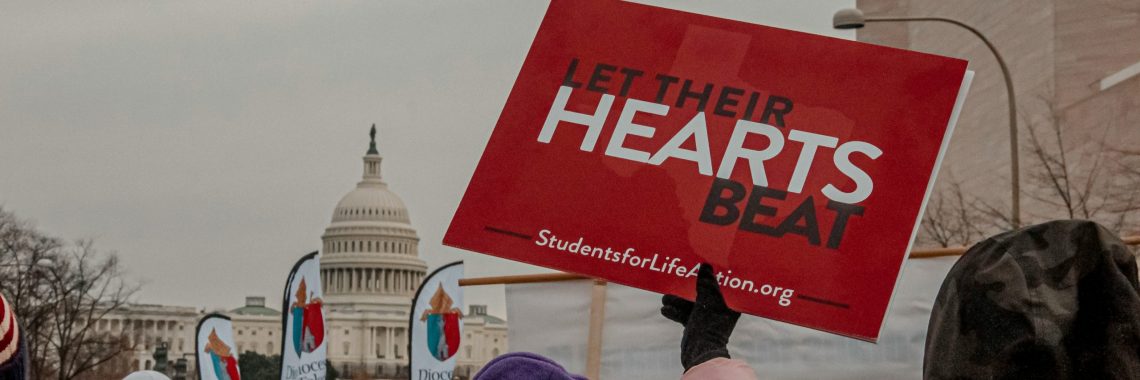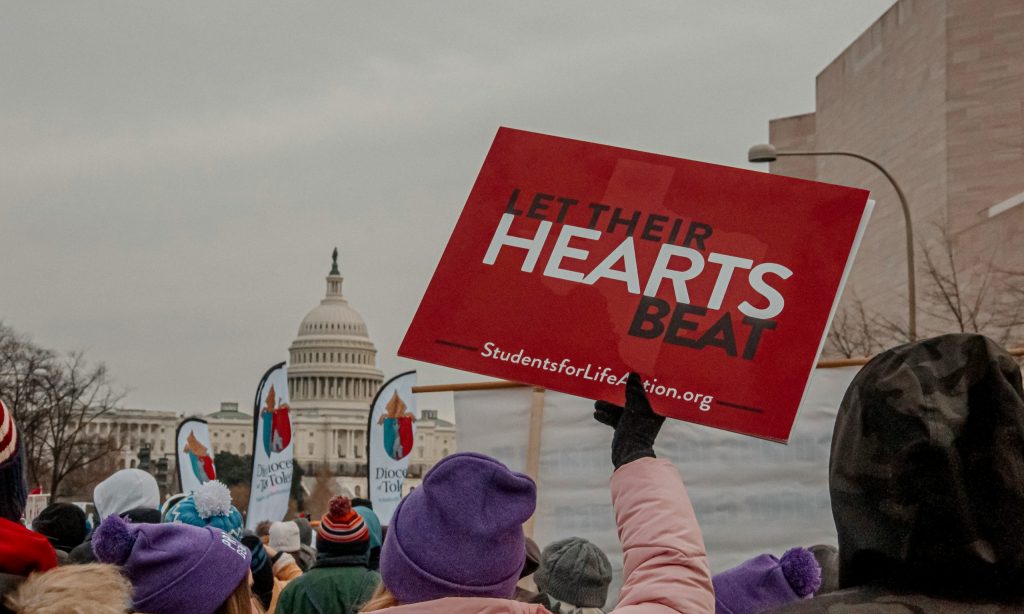House Public Health Committee Passes Good Bill Clarifying State Abortion Laws

On Tuesday the House Public Health Committee passed a good bill clarifying Arkansas’ laws concerning abortion.
Currently, state law prohibits abortion except to save the life of the mother in a medical emergency.
H.B. 1610 by Rep. Robin Lundstrum (R — Elm Springs) and Sen. Jimmy Hickey (R — Texarkana) would clarify the definition of “medical emergency,” strengthen legal protections for doctors who treat pregnant women, close possible loopholes in the current abortion law, and make it clear that abortion remains illegal in Arkansas except to save the mother’s life.
Arkansas has been named the most pro-life state in America, and lawmakers have enacted dozens of good measures protecting women and unborn children from abortion — including laws that generally prohibit abortion except to save the life of the mother.
H.B. 1610 is a good bill that would bring better clarity to Arkansas’ abortion laws and make it easier for the state to continue protecting innocent human life.
The bill now goes to the entire Arkansas House of Representatives for consideration.
Below is part of Rep. Lundstrum’s committee testimony in support of H.B. 1610.
Articles appearing on this website are written with the aid of Family Council’s researchers and writers.




